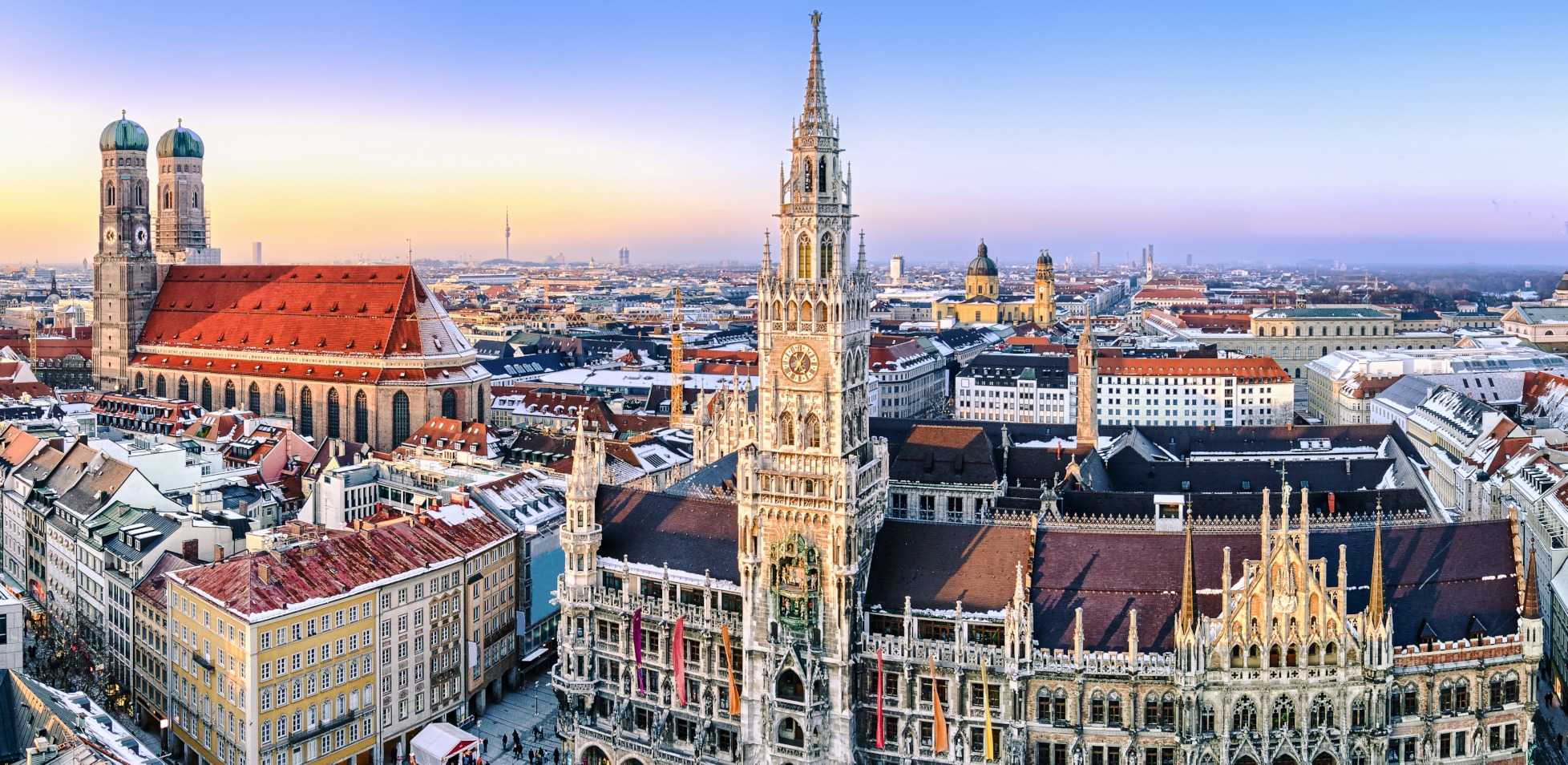Home Sweet Home
Life could have been simpler had I stayed in my home country; one place, one language, one culture. When leaving the Czech Republic behind, back in the 1997, I didn't realize that it was going to be for good. After only a year, I decided to extend my stay in the UK.

This decision was taken two more times, and eventually got me past the ‘point of no return’ when I accepted my husband’s marriage proposal a few years later.
When you are young, you tend to take things light-heartedly. You don’t see big risks, and you don’t tend to regret anything. It all seems one big adventure. Not that I do have any regrets, but sometimes being an expat does prove to be challenging and I often wonder how fast one’s life can take on a completely different course, only by travelling beyond the horizon.
What’s an Expat Anyway?
Over here in the UK, the word expat itself tricks many people into imagining the classic example of a white Brit, living on one of the Spanish Costas or in slightly more distant places such as Dubai. Many of these expats are usually respected by locals and often in pursuit of a career or upward move. They are often given a great opportunity, with a full relocation package, and don’t have to worry about learning a new language. The classic expat image is also often portrayed as senior retired UK citizens who do not necessarily want to give up the British way of life, but want to enjoy their pension to the fullest in a sunnier and warmer climate.
But in this case, the expat in question is me: a Czech citizen living in the UK.
This concept evokes different thoughts in peoples’ minds: but based on my personal experience and various comments I have heard, I believe that the UK citizens do not necessarily place me in this category. Very often I am classified as Eastern European, and when the ‘Er, weren’t you a part of Russia once?’ topic is raised, I slowly step into a non-verbal protest, my favourite mental hiding place. These and similar questions usually take my English home sweet home snug feeling away.
I doubt that any of the ‘real’, UK expats, be it in Spain or Dubai, are ever made to feel as if they have to justify their stay, or at least not as many times as I have to. But I might be wrong and as I was once told, I am not an expat anyway, but just a foreigner.
Home and Identity
After living here so many years (with the exception of seven years spent in Spain), I feel England is my home indeed. It is only when people ask me the ‘where are you from’ question that I immediately come back down to Earth. It is an instant reminder that I don’t really belong here, but I don’t blame them for asking me, given my Central European (yes, Central, not Eastern) accent; however answering it over and over again has now become quite a boring and vapid matter.
There were times, after my marriage, that I considered obtaining a UK passport (my husband being half English and half Italian), in hope of being spared these sorts of questions. However, being the holder of the British passport would only change my citizenship status; it could never change where I was born or the way I speak. Needless to say I wouldn’t want it to.
Luckily, most English citizens do recognise that there is a valid place in their multi-cultural society for people like myself. Educating and promoting open-mindedness aimed towards different cultures at schools and celebrating the differences is, thankfully, a practice spread and, more often than not, supported all across the UK. It also was one of the crucial reasons in making the decision of where to bring up our children. The multicultural awareness included as part of education in the UK has made me respect it and want to be here even more.
This is a place where I feel supported in keeping the slightly chaotic motion of our unconventional family going. Having four different languages being spoken in our household (and very often at the same time!) on daily basis is perhaps what makes us a little loud and outré at times but is also what makes it fun, as a dull moment is extremely hard to find. It also keeps us grounded and hopefully through languages, my children will be able to see clearer that one country, one culture and one language only, no matter how charmingly amazing the place might be (such as England), does not have to be the centre of the Universe.
Despite the occasional doubtful or curious comments on my nationality, for me, England became home years ago. A welcoming one indeed. It took a while and it might have been a rocky ride at first, but I finally reached my destination. No regrets. After all, England is where my heart is and there isn’t a place I’d rather be.
Advertisement
About Michaela Rossi
Michaela Rossi born in the former Czechoslovakia and moved to the UK at the age of 19. She followed her husband on his work assignment to Spain in 2004 where their children were born. In 2011, they moved back to the UK, this time to Hampshire, where they love being outdoors, always admiring the beautiful English countryside and exploring their local area.
Article topics
Related articles
How I Learned to Love My Expat Identity
“Sometimes I wish I had an easy answer, a concept of identity that fits neatly into a box.” For InterNations team member Crissy, the question of her expat identity has accompanied her for a long time. We asked her about her journey and how she feels about her identity now.
Stuck in Peru: How COVID-19 Delayed Our Moving Plans
InterNations member Chris and his wife had solid plans of leaving Peru to start a new life in another country. When the COVID-19 pandemic reached the country, everything was put on hold and even visiting family in the UK became impossible. Here, Chris tells us how their plans changed.
Why Expats Are Modern-Day Pioneers
From seventeenth-century settlers searching for the new world to the scientists behind groundbreaking discoveries, pioneers dominate the history books. Though their adventures may be very different, what unites all pioneers is a sense of adventure. It’s that same spirit that defines an expat.
Things I Have Learned from Moving Abroad
With Italy being her starting point, InterNations member Noemi tells us about some of the things she has learned and introduced to her lifestyle after living in England, France, and Germany as an expat.
My Journey from Cairo to Munich
For InterNations member Emy, moving to Germany was a bit of a challenge at first. Despite the green landscape and beautiful nature in and around Munich, the language barrier made getting around a bit difficult … until she decided to learn German. Read Emy’s story about her move abroad!




